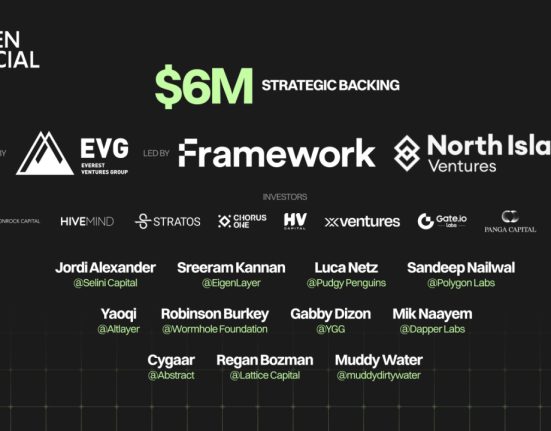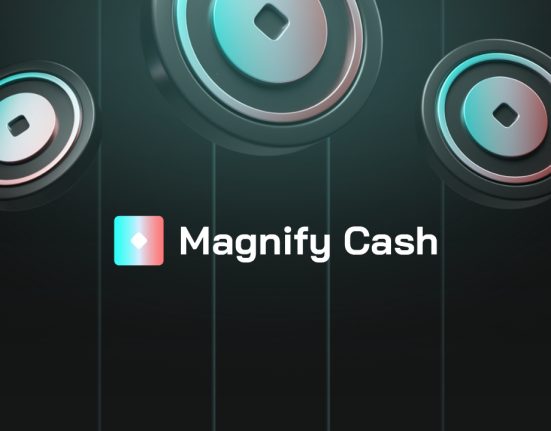Charles Hoskinson, a co-founder of Cardano, urged Congress that it should create crypto rules but leave compliance to software developers. Compliance should come from the sector itself rather than from regulatory bodies.
Hoskinson compared the ideal framework for cryptocurrency regulation to the way financial self-regulation operates. He was telling lawmakers that “it’s not the SEC or the CFTC going out there performing KYC-AML, it’s banks.”
A public-private cooperation is involved. Establishing those boundaries is what needs to be done.Two financial regulators vying for control of the cryptocurrency business are the Securities and Exchange Commission (SEC) and the Commodity Futures Trading Commission (CFTC).
According to Republican Georgian Representative Austin Scott, “it’s not practical to regulate all these currencies”. He claimed that neither the SEC nor the CFTC have the personnel to monitor the thousands of cryptocurrencies.
Need of Self-certification system
Hoskinson retorted that since cryptocurrencies can store and transport data, a lot of this regulatory work may be done automatically. He used it as grounds for approving the creation of self-regulating organizations (SRO) by the cryptocurrency sector to direct regulatory compliance; exactly like the private banking sector does.
According to Hoskinson, the sector could develop a “self-certification system” that would automatically check for compliance up ; at which time a financial body would look into it.
Hoskinson proposed that even quadrupling the Internal Revenue Service’s (IRS) strength would not be sufficient to audit every American. He demonstrated further why personnel should not be an issue for crypto regulation.
As an alternative, Hoskinson informed Representative Scott that cryptocurrency can be configured to delay transaction settlements until legally required checks are made.
Hoskinson expressed his eagerness to collaborate with federal regulators on the creation of new rules. He said that the blockchain industry’s adherence to U.S. law and regulation “must be a guiding value.”














